Optimal Timing for Concrete Installations
Concrete installations are highly dependent on weather conditions. Optimal timing ensures proper curing and durability. Understanding seasonal patterns and climate considerations can significantly impact the success of a project.
Spring and fall are generally preferred due to moderate temperatures and lower precipitation, which promote optimal curing conditions.
Concrete should be poured when temperatures are between 50°F and 85°F to prevent cracking and ensure proper setting.
Avoid pouring during rain, extreme heat, or freezing conditions, as these can compromise the integrity of the concrete.
Proper timing reduces the risk of cracks, surface defects, and other issues, extending the lifespan of the installation.
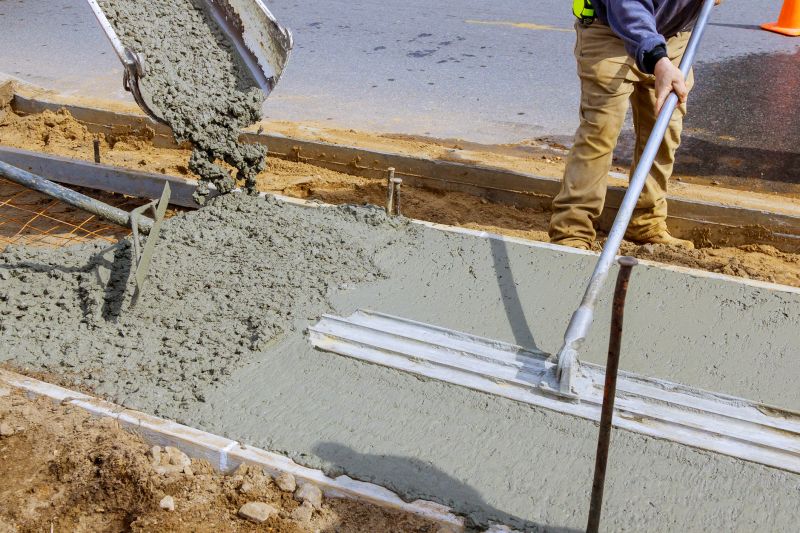
Spring offers favorable weather for concrete installations, with moderate temperatures and less rain.
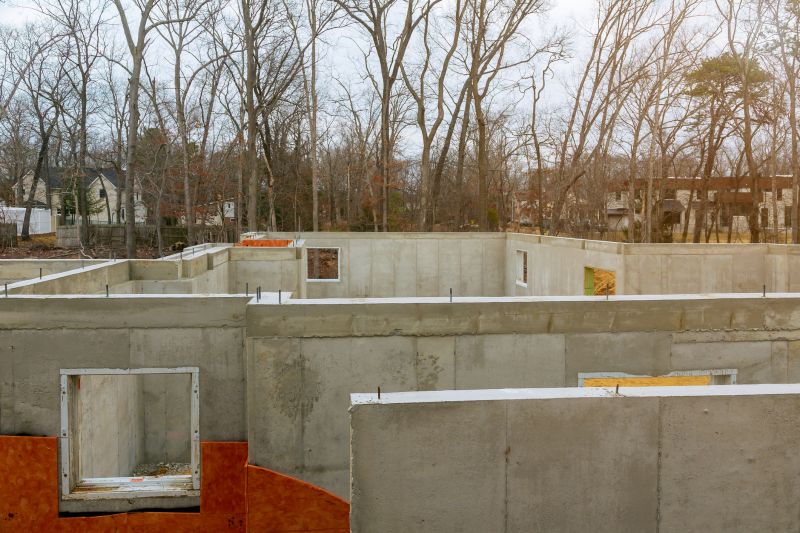
Fall provides cooler temperatures and stable weather, ideal for outdoor concrete work.
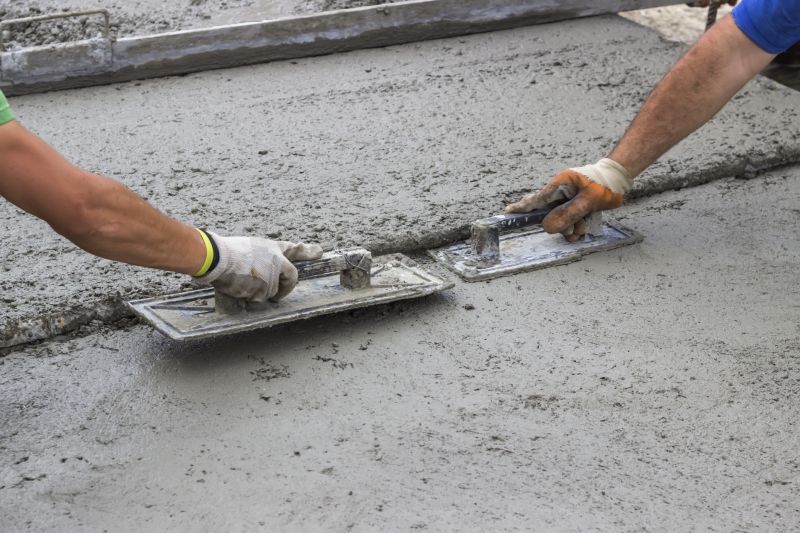
Scheduling outside of extreme heat or cold prevents issues like cracking and delayed curing.
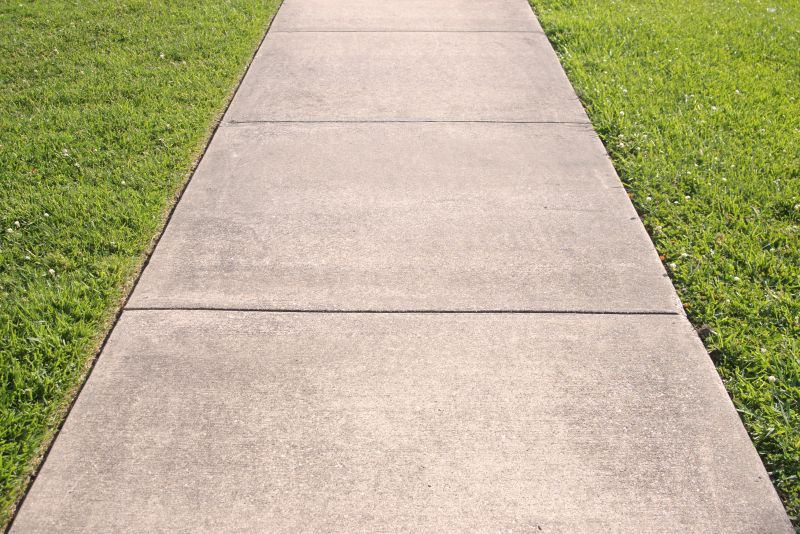
Ways to make Concrete Installations work in tight or awkward layouts.
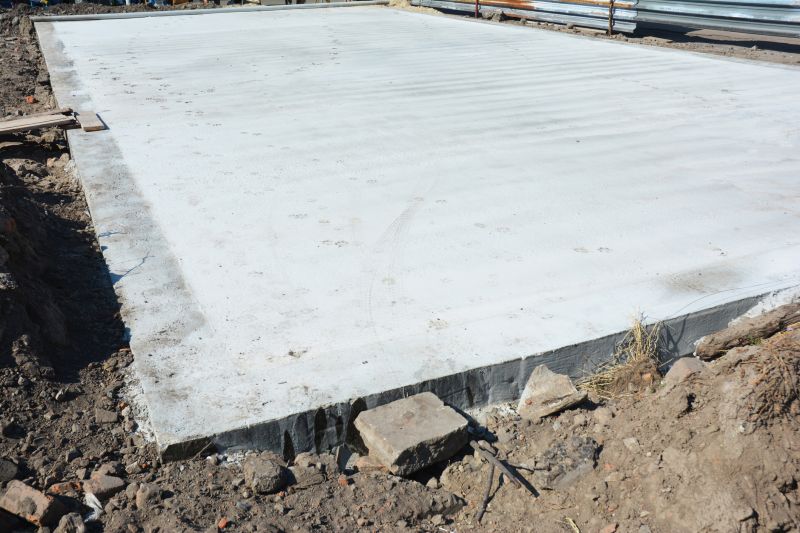
Popular materials for Concrete Installations and why they hold up over time.
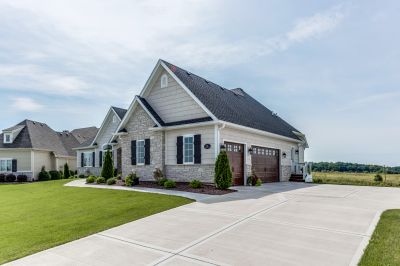
Simple add-ons that improve Concrete Installations without blowing the budget.
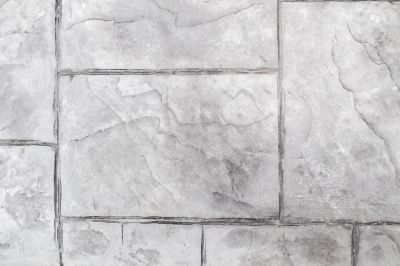
High-end options that actually feel worth it for Concrete Installations.
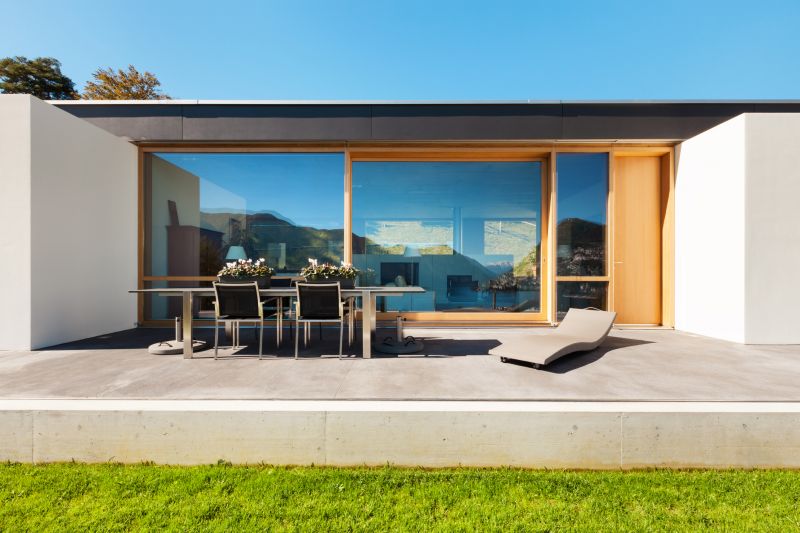
Finishes and colors that play nicely with Concrete Installations.
| Season | Ideal Temperature Range |
|---|---|
| Spring | 50°F to 85°F |
| Summer | Above 70°F, avoid extreme heat |
| Fall | 50°F to 85°F |
| Winter | Below 50°F, not recommended |
| Rainy Seasons | Avoid pouring during heavy rain |
Concrete installation timing is crucial for ensuring the longevity and quality of the finished surface. Proper planning around weather conditions minimizes risks such as cracking, surface scaling, and uneven curing. Weather influences the chemical process of setting and hardening, making it essential to choose the right season and day for pouring concrete.
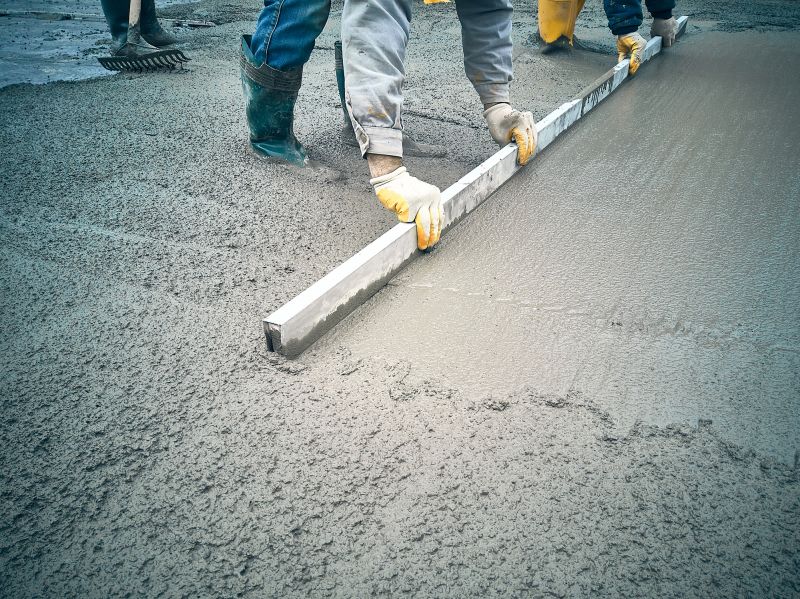
Moderate temperatures and lower rainfall make spring an excellent time for concrete work.
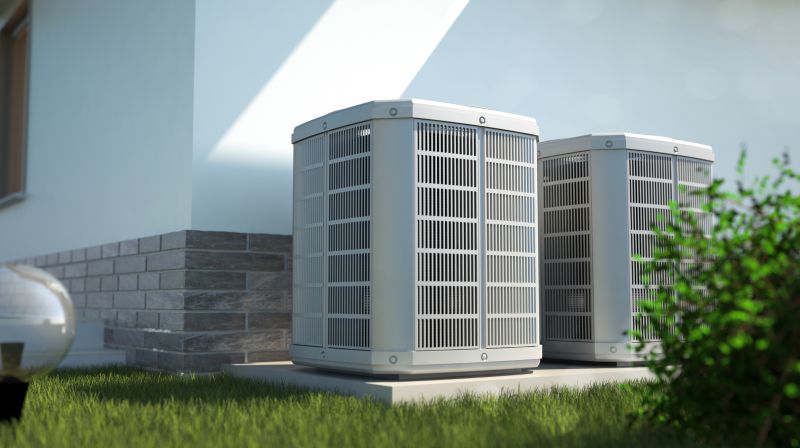
Cooler weather helps achieve optimal curing conditions.
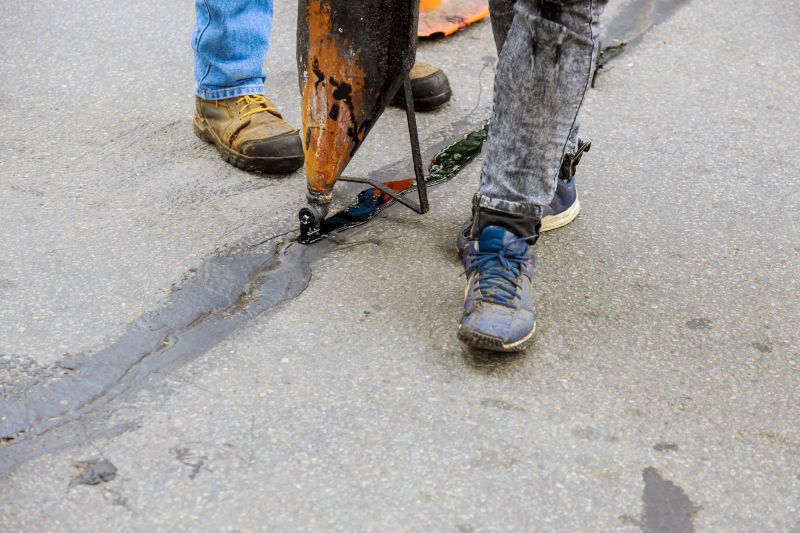
High temperatures require measures to prevent rapid drying and cracking.
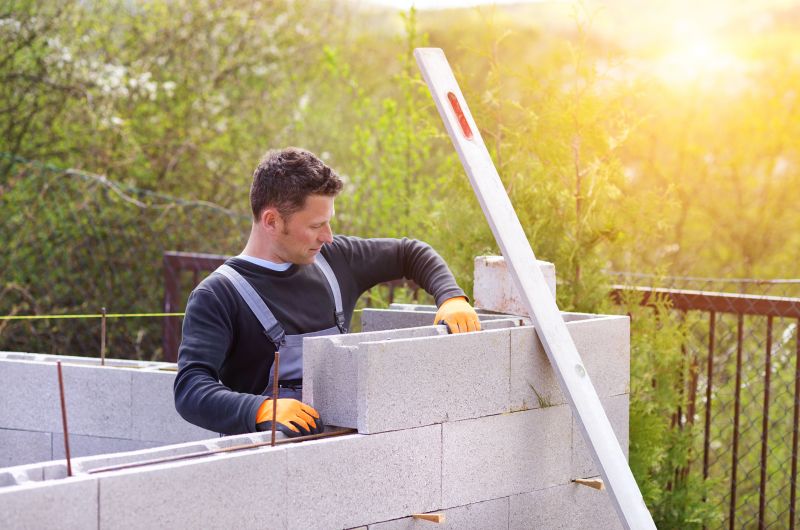
Cold weather can delay setting times and compromise strength.
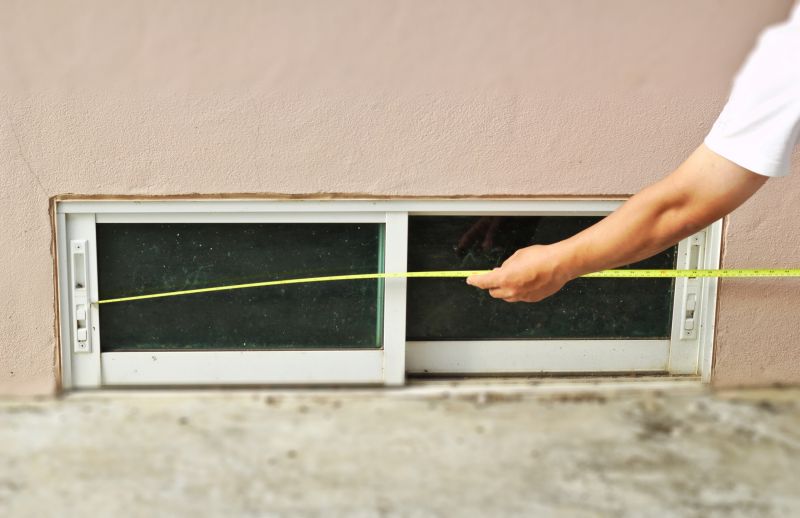
Little measurements that prevent headaches on Concrete Installations day.
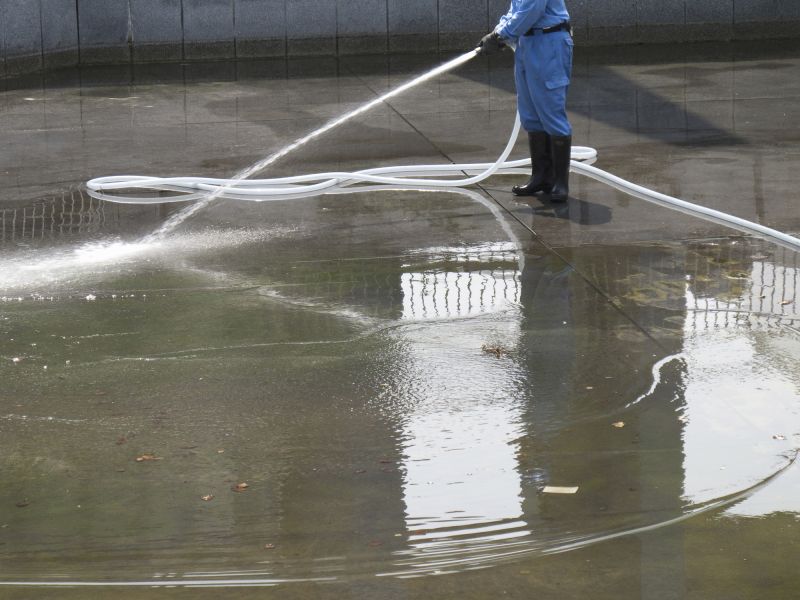
A 60-second routine that keeps Concrete Installations looking new.
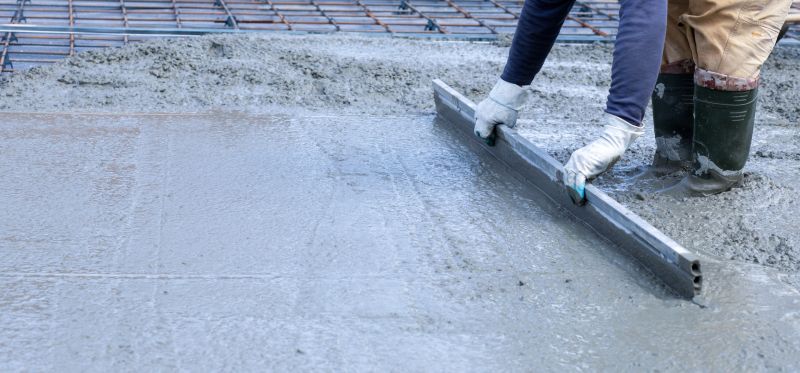
A frequent mistake in Concrete Installations and how to dodge it.
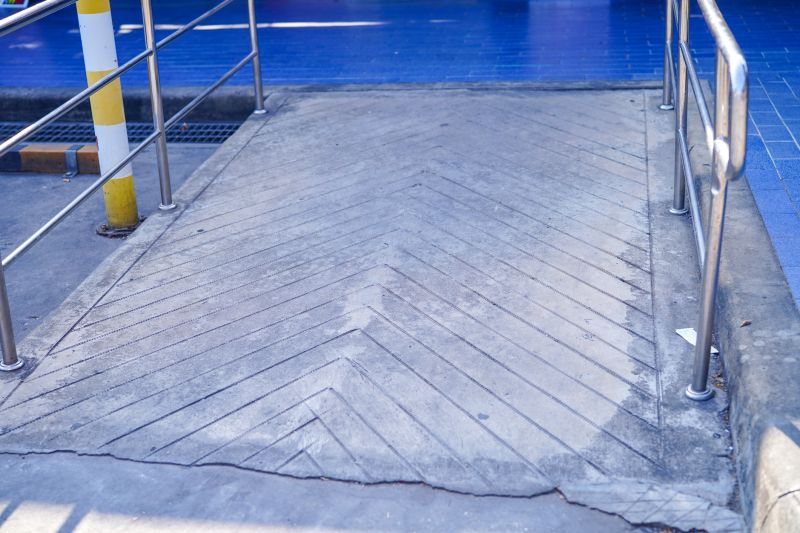
Small tweaks to make Concrete Installations safer and easier to use.
Scheduling during favorable weather windows enhances quality and reduces potential delays.
Regularly checking forecasts helps in selecting optimal days for pouring.
Using techniques like shading or heating can mitigate adverse conditions.
Ensures structural integrity and reduces maintenance costs over time.
Choosing the right time for concrete installation is essential for achieving durable and high-quality results. Proper scheduling based on seasonal and weather conditions minimizes risks and supports long-term performance. Accurate planning and monitoring can significantly improve the success of concrete projects.
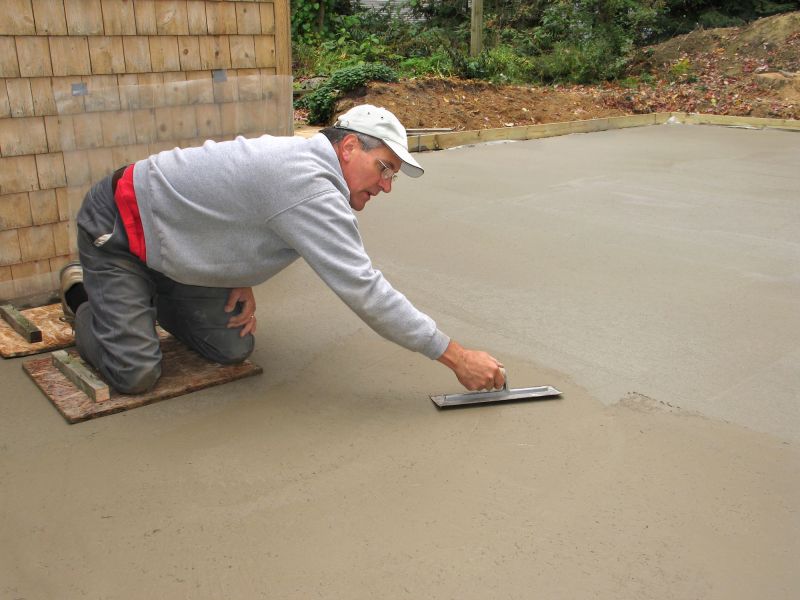
Ensures optimal curing and surface finish.
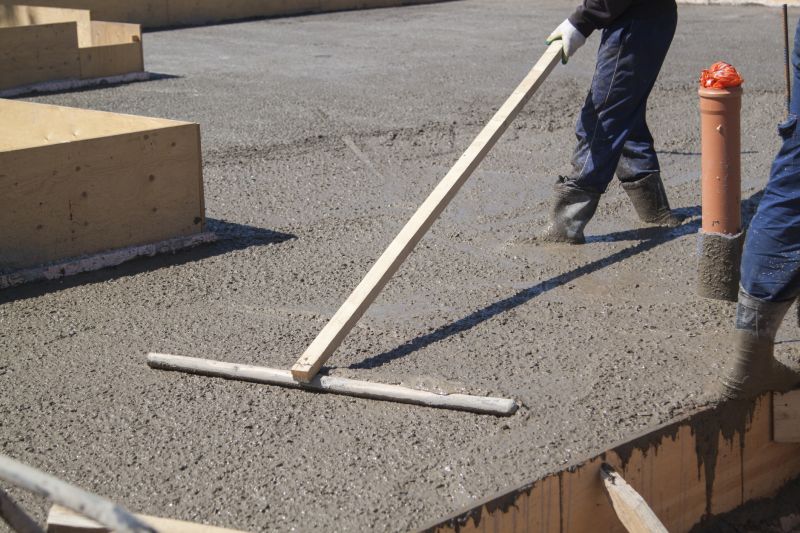
Reduces the risk of cracks and surface defects.
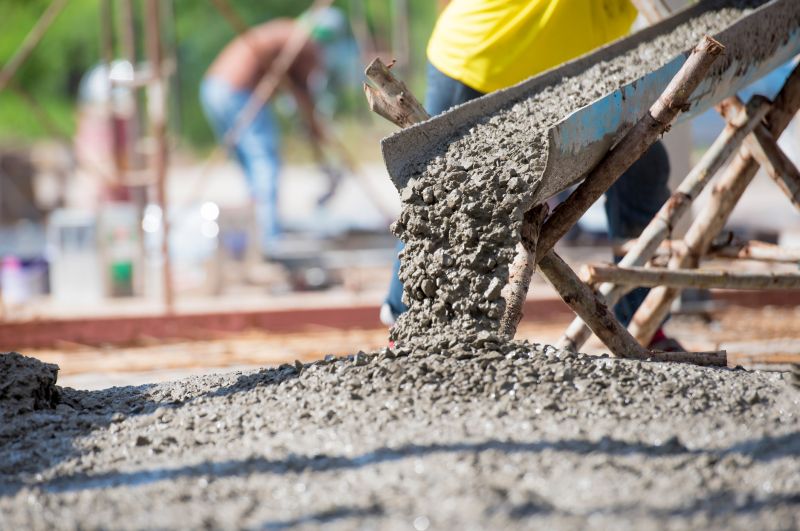
Helps in scheduling projects during ideal conditions.
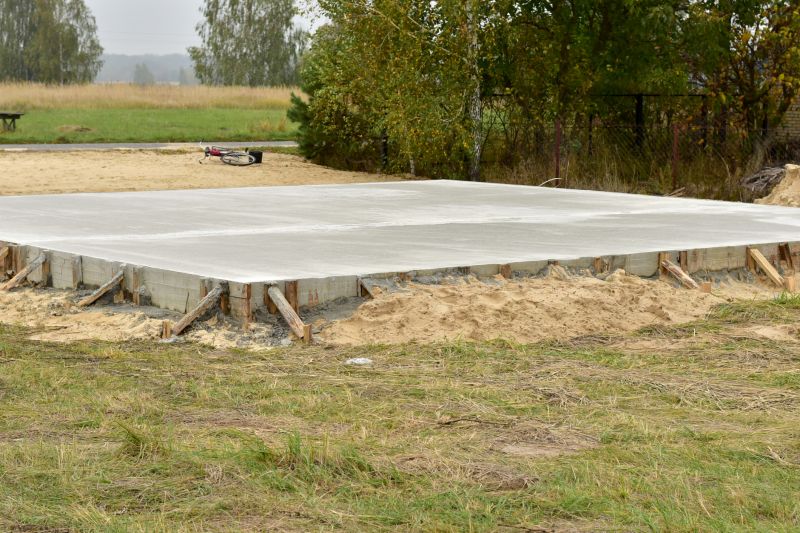
Lower-waste or water-saving choices for Concrete Installations.
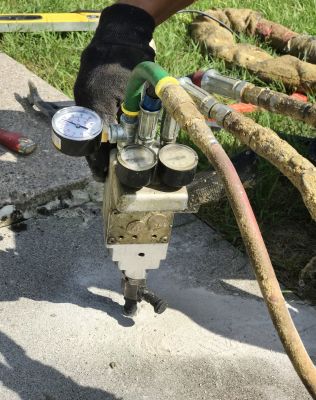
The short, realistic tool list for quality Concrete Installations.
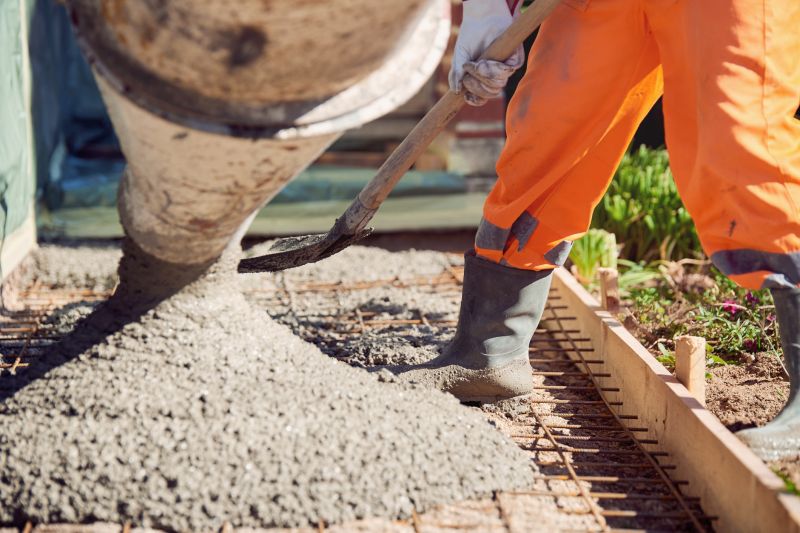
Rough timing from prep to clean-up for Concrete Installations.
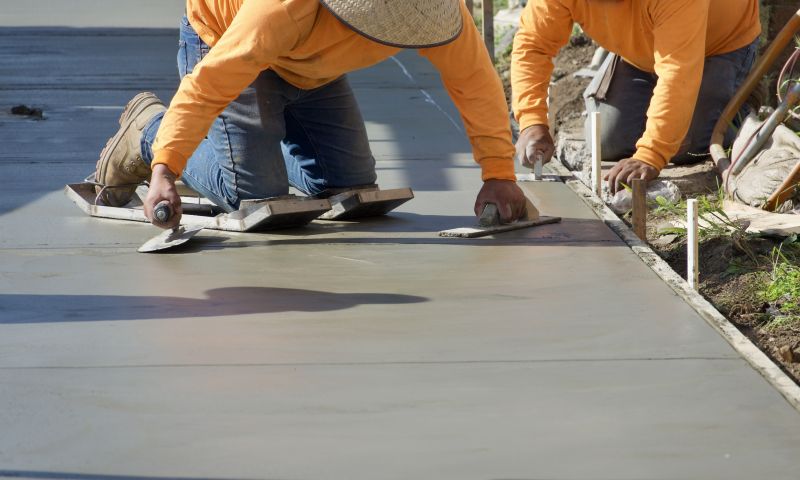
Quick checks and paperwork to keep after Concrete Installations.
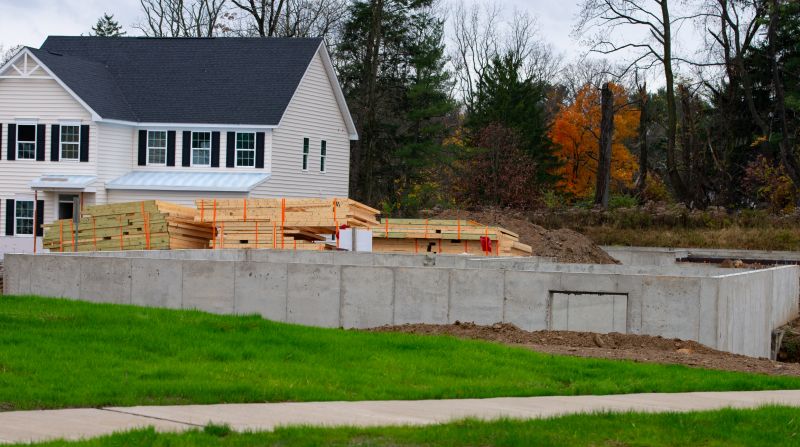
Examples that show the impact a good Concrete Installations can make.
Interested in scheduling a concrete installation? Filling out the contact form provides an opportunity to discuss timing options and project details. Proper timing ensures the longevity and quality of the finished surface, making it a valuable consideration for any concrete project in Citrus Heights, CA.

